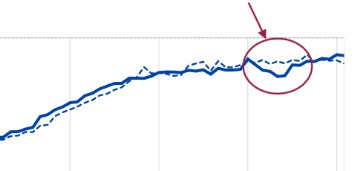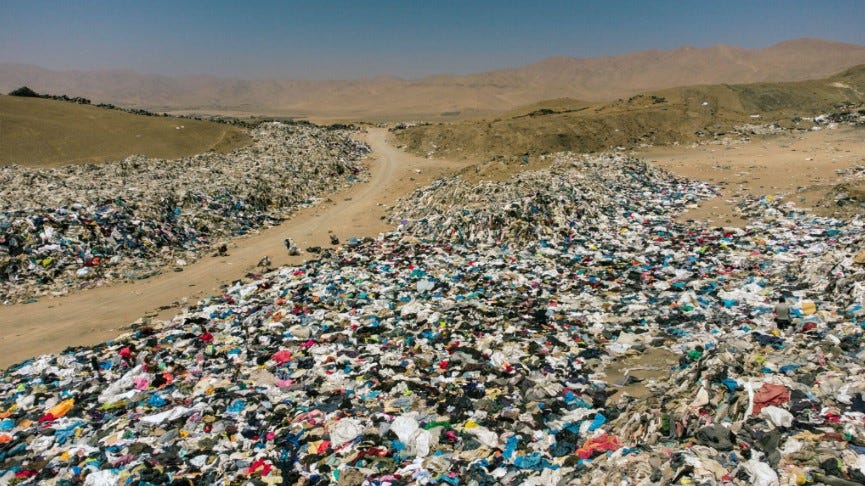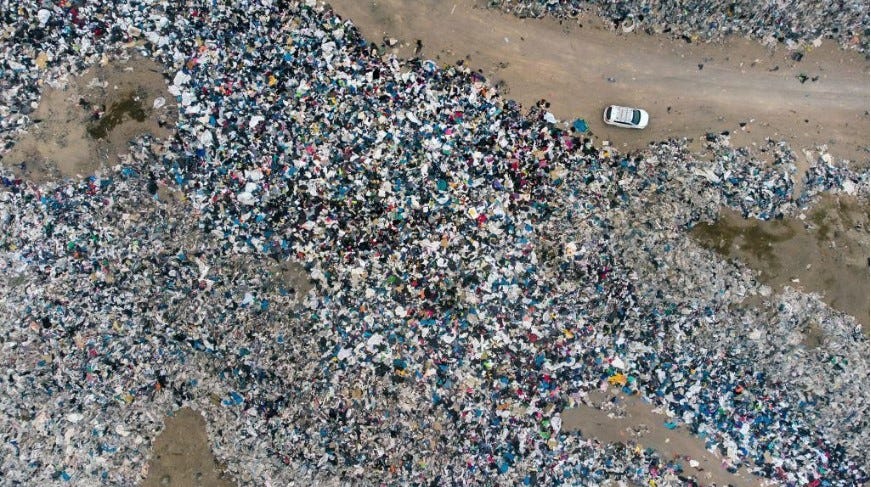Number 5. Blog dot Cloudfare dot com. Total eclipse of the Internet: Mexico, US, Canada.
What did you NOT do Monday afternoon for about 4 minutes?
A significant portion of you did NOT surf the internet during eclipse totality or near-totality in your time zone.
Instead, you were outside with your special eclipse sunglasses. Millions of you were standing in front yards or backyards, or in ditches beside interstate highways, looking skyward.
Or, like me, you might have been using index cards, with a tiny hole punched in one, to see the phenomenon. They are cheaper than eclipse glasses and offer certain dweebish bragging rights.
Cloudfare has analyzed web traffic from Mexico, through the US and into Nova Scotia, and observed a 10 percent drop in internet traffic during totality in affected regions.
This is somewhat affirming, in that great numbers of us were adequately in touch with nature to give up the screen, if only for a few minutes. Of the other 90 percent, much of that internet traffic was probably routine unattended data: Bank transactions, grid monitoring, 3-letter-agencies watching your affairs, and your local Internet-of-Things keeping your thermostat where it belongs.
Still, the dip in world wide web traffic can be seen in the data.
Ten percent of us gazed at the sky. Which means we had read actual news, or talked with actual people, or were to some degree aware of the universe outside the plastic borders of a smart phone.
I wonder if the Rapture will get that level of attention?
Number 4. Sky News. Animals reacted weirdly to the eclipse.
Speaking of reacting weirdly, 40 employees of the Ft. Worth Zoo were not watching the sun. They were watching the animals watching the sun, and they saw some intriguing behaviors.
The gorillas thought it was time for bed and moved toward the barn. Flamingos clustered in groups and began to march, signifying close bonding. Which I suppose means something to workers at the Ft. Worth Zoo.
The flamingos also started talking more, but there is no report on what they were saying to one another.
Outside the zoo, during this eclipse and others:
Owls took flight.
Baboons clustered.
Cicadas went to sleep.
Packs of coyotes yipped.
Spiders deconstructed webs.
Parrots began coordinated swooping.
And humans stopped internetting.
I wonder what we will stop doing in 2045, the next time it comes close in North America?
Number 3. CBS News. EPA announces regulations on “forever chemicals” in your water.
And now, from the “Please protect us from ourselves” Department, comes this story of certain disease and death stalking us all.
The air you breathe, the water you drink, and the soil that grows your food all contain things that will kill you, and the Environmental Protection Agency is out to stop them.
Perfluoroalkyl and its brother Polyfluoroalkyl, known as PFAs, or PFAS, are synthetic chemicals which have been in use for about 80 years, in such things as nonstick cookware, household cleaners and personal care products.
I see where this is going. Please don’t take my teflon away.
PFAS never actually break down, and they have found their way into the drinking water distributed by some 60,000 public utilities in the USA. Regulations are not tight enough, saith the EPA, and new standards have been implemented. The feds will make about $1 billion available to local utilities to retrofit their systems for testing. This is funded by the trillion-dollar Infrastructure Inflation Act from 2021. You remember that one.
Testing only means testing, of course, and has nothing to do with the production of PFAS in the first place. Which means those 60,000 utilities will probably have to demand that manufacturers quit using PFAS to make things — which is virtually everything that people buy.
There are, of course, aftermarket offerings for residential water filters which can screen out the PFAS before you drink the water, but the EPA has rightly concluded that most of you rubes will not spend the money to buy one. So it must be delivered to you, for your own safety.
PFAS, per the EPA, are responsible for decreased fertility, low birth weight, childhood developmental delays, suppressed immune systems, increased cholesterol, heart disease, and of course, cancer.
All that is probably true, although I wonder what the average life expectancy was in 1940 when PFAS were introduced, compared with what it is today.
(Actually, it was age 62 then, age 78 in 2020. A 26% improvement. It’s a mouse click away.)
Also, I wonder if we could spend some of the trillion dollars on comparing quality of life between 2024 and 1940? Air conditioning, electricity, polio vaccines and reasonably clean water come to mind.
Number 2. The Gateway Pundit. Scientists claim jeans are bad for the environment.
This is a story that Gateway Pundit picked up from a post on X Twitter, which picked it up from a New York Post article, which picked it up from Science Direct dot com, which reported on some study from a university in China.
Here at the ANR, we only bring you the most reliable sources.
The Guangdong University of Technology, run by the Guangdong Provincial People’s Government, in the People’s Republic of China, has determined that each pair of denim jeans manufactured contributes over 5 lbs of CO2 to the environment.
While details are probably buried in the highly cerebral Science Direct paper (and I was merely a Speech major) the study probably includes all the CO2 generated in the production and distribution of the jeans. This would include the machinery to process the fabric, sew it together, put it in a cargo container, ship it across the ocean and display it in a store.
Once you add up all that electricity and diesel, it’s a wonder any of us is still vertical.
Five lbs of CO2 is the equivalent of driving your gas guzzler 6 miles to the Dairy Queen where you can show off your new low-rise Levis.
As an aside, it has become an article of faith that CO2 will kill us all. When a conclusion seems questionable, the initial premises should be re-examined. But back to the article.
So, given this insight from the Guangdong University of Technology, it should set off a frenzy of skinny Hollywood elites ditching their jeans for… what, exactly? Homespun? Wool pants?
Is it remotely possible that EVERY article of textile imported into the US might have a very similar ecological profile?
Number 1. Ecowatch dot com. Chile’s Atacama Desert: Where fast fashion goes to die.
Because I am an astute observer of social trends, I have learned a new buzzword: Fast fashion.
Here I thought that meant wearing a pullover knit shirt instead of one with all those buttons, but I was wrong. “Fast fashion” describes the new, popular fashion industry. According to Ethical Consumer dot org, it means this:
The changes in fashion are fast,
the rate of production is fast;
the customer’s decision to purchase is fast;
delivery is fast; and
garments are worn fast – usually only a few times before being discarded.
This speed comes with lots of downsides, such as increased use of petrochemicals in manufacture, child labor, ever-lower wages for workers in developing countries (which we used to call the Third World, but that word now appears to be a pejorative term), and the ever-popular increased carbon footprint.
But the biggest downside, actually observable from space, is the pile of discarded clothing in the desert in Chile.
Some 60,000 tons of fast fashion clothing have been shipped to Chile because no one at Kohl’s or Target wants them. Of that quantity, 40,000 tons have simply been discarded in the Atacama desert. Many articles still have price tags attached.
There is no one responsible for these clothes, so they will probably just lie there. Because they are laced with chemicals, most US landfills did not accept quantities of them, and the chemicals means they will never biodegrade.
But as long as they stay in the desert in Chile, I can still wear my new plastic paisley disco shirt once before I throw it away. And you thought I wasn’t keeping up with the times.
One of the elders at church, who is about 30 years younger than I am, commented on my clothing once: “That’s a nice shirt, Curt. I think the first time I saw you wear that, I was in Middle School.”
Yes, and I am still wearing it. Slow fashion, maybe.
Thanks for following The Alligator News Roundup for all the latest news you will not get anywhere else. I hope this enlightens your day as you head into the weekend. Maybe go shopping for that new outfit made by low-paid labor overseas, built almost entirely from refined petroleum products, and delivered to us by a diesel-powered cargo ship!
The Rapture cannot come a moment too soon! Have a good weekend!

















Share this post